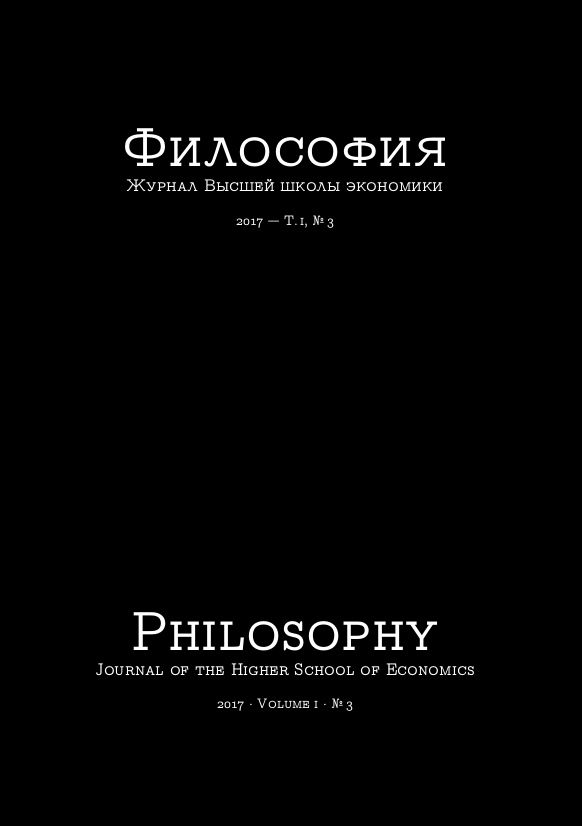Can Demons Work Miracles
Question Six of “The Relection on the Magical Art” by Francisco de Vitoria
Abstract
During the Renaissance, the concept of magic was of particular interest to science; moreover, magic was considered an important part of it. From among the numerous works devoted to this subject, the author of this article proposes to analyze the sixth question of “The Lecture on the Magical Art” by the Spanish theologian Francisco de Vitoria. In the sixth question, Vitoria reflects on whether magicians can force demons according to their will or not. In the argumentation of his answer professor refers to the authoritative sources — treatises of Thomas Aquinas, Augustine, and Aristotle — and confirms his theses with examples from the plots of both Old and New Testaments. The purpose of this article is to consider in some detail one aspect of the sixth question of the translated lecture: namely, a question of the demon’s ability to act independently or by somebody else. For this purpose, the author considers it necessary to turn to the theory of action and cognitive theory of Thomas Aquinas, both of which are reflected in the philosophy of de Vitoria. Moreover, the theologian also suggests looking at the problem of the possibility of implementing an action through Aristotle’s concept of potential and implemented. As a result, the sixth question of the lecture is an interesting synthesis of the ancient and medieval philosophy adapted to the problem, which was under discussion in the 16th century.






